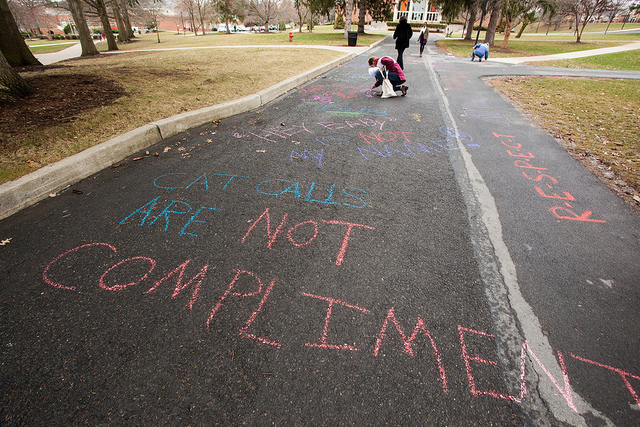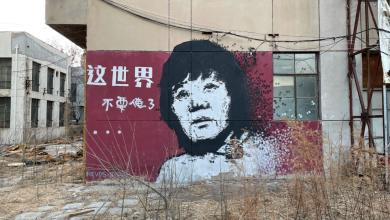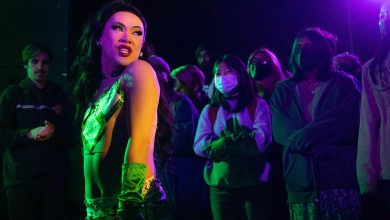Street Harassment: A Feminist Paradox

Image by: Paul Weaver
When I discuss women’s issues with other feminists, the topic often turns to street harassment — how unsafe they felt when that guy catcalled them the other night; how violating it was for them when someone openly looked down their shirt the day before, and so on. For most of them, there’s this instant connection when they talk about this, some kind of magical bond formed, created by a shared experience.
Me? I tend to kind of just smile uncomfortably and make small sounds of agreement.
I’ve never been catcalled. I’ve never had to deal with cis men flashing their dicks when I walk down the street, or touching me in public. Guys smile and charm my friends, but then their faces drop when they notice me. Strangers don’t hit on me, people don’t ask me out, whatever.
I don’t mean for this to be a pity party, but for a really long time I’d think there was something going on with me because I never had to deal with street harassment. Specifically – that I was just unattractive and unappealing. It didn’t matter how many times my mom said I was pretty (mostly because I’m skinny, which is a problem for another day), or my friends told me that I was “cute,” because it just sounded like something family and friends were obligated to say. Even though these people meant so much to me, I felt like I needed male strangers on the street to yell at me so that I could feel pretty.
This is the culture we live in. What men, especially cis men, think of women’s physical appearance, is considered important. We have songs talking about how it’s okay to be fat because that’s what men like, not because it’s actually okay. Newspapers and magazines publish countless articles about how women should dress to please men. My whole life, I thought that however I looked should “appeal” to guys. Knowing that other girls had to deal with street harassment, I almost felt a little jealous.
At the very least, I’m proud to say I didn’t blame other girls for being subject to street harassment. They were not, and are not, at fault. Logically, I knew that street harassment wasn’t something that any woman ever wanted to deal with. And I don’t want it, either. But it felt like getting male validation was a rite of passage for (cis) women, something that every girl went through.
As a feminist, it feels pretty ridiculous to want validation from men. I don’t dress to look nice for guys, and I don’t put on makeup for them, either. The only person I have to make happy, I told myself, was me. I read blogs about body positivity, seeing all these people who were making this intensive journey to really love themselves physically, but it didn’t resonate with me. Taking that step forward to love my body wasn’t on my agenda yet, but rather far off in the future. I wanted to not hate my body.
It’s a step that I’ve been on for years, now. I still have days where I look at myself while I get dressed in the morning, and I cringe. I’m trying to break the habit of ducking out of photos because I think my face will ruin them. And I’m working on liking my smile. I do my best to catch myself when I have those unwanted and obnoxious moments of wanting validation from men. They still exist, yes, but they don’t make me any less of a feminist. In learning to accept my body, I’ve gained a lot more.




